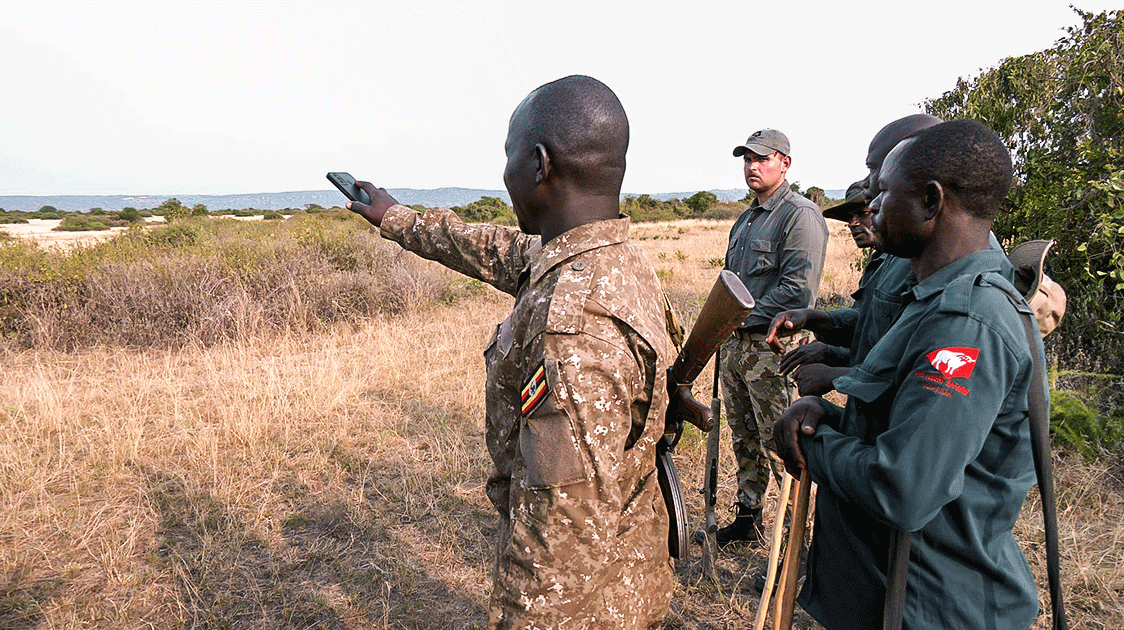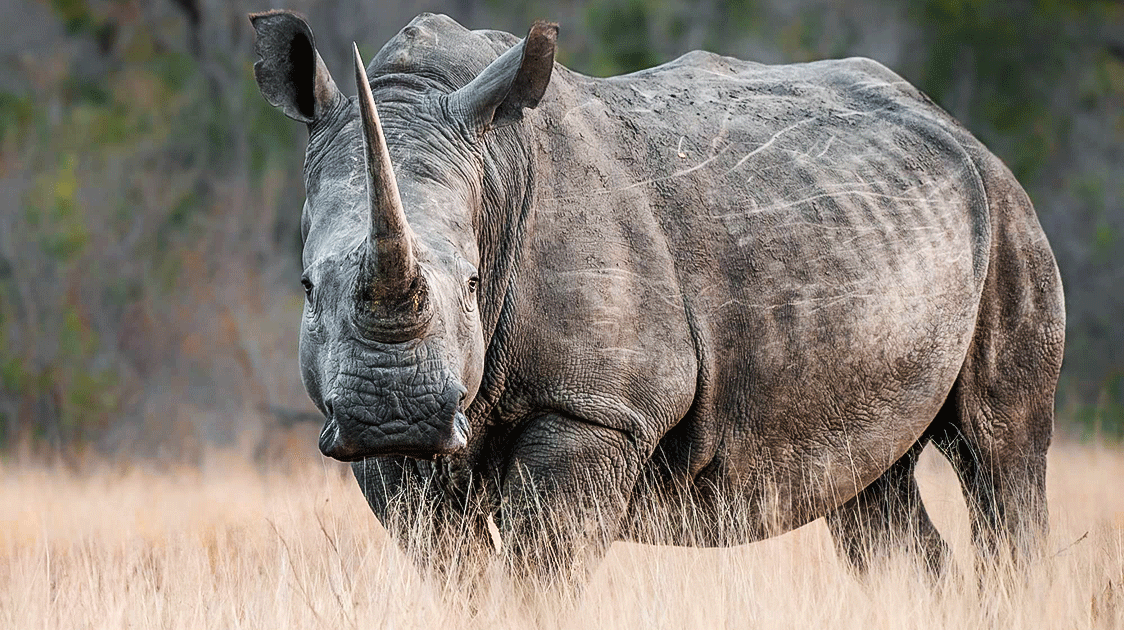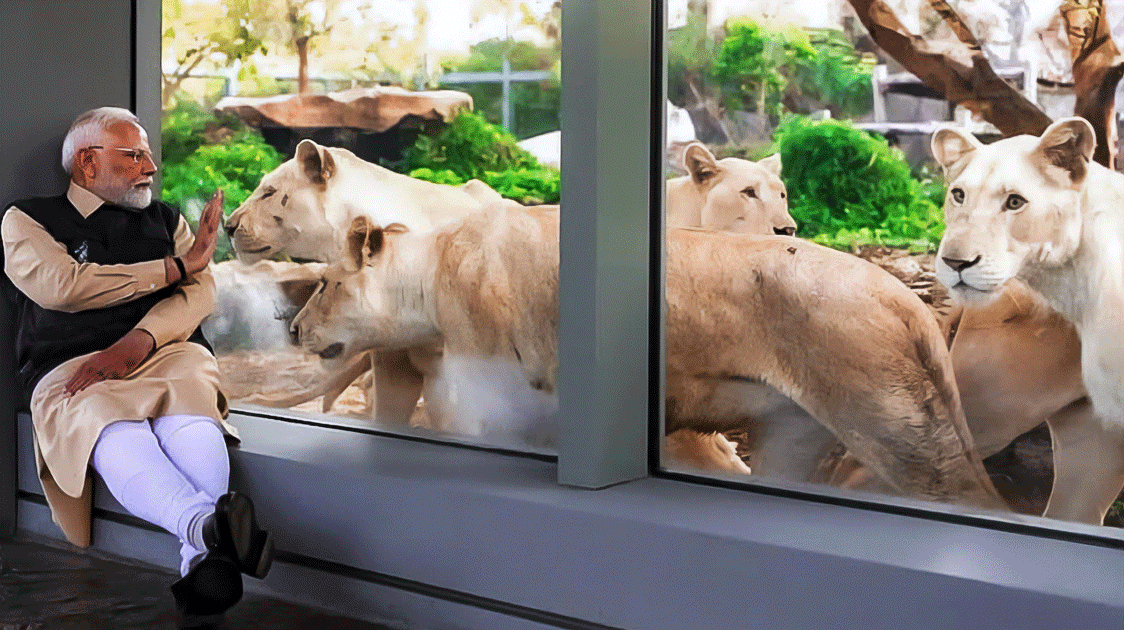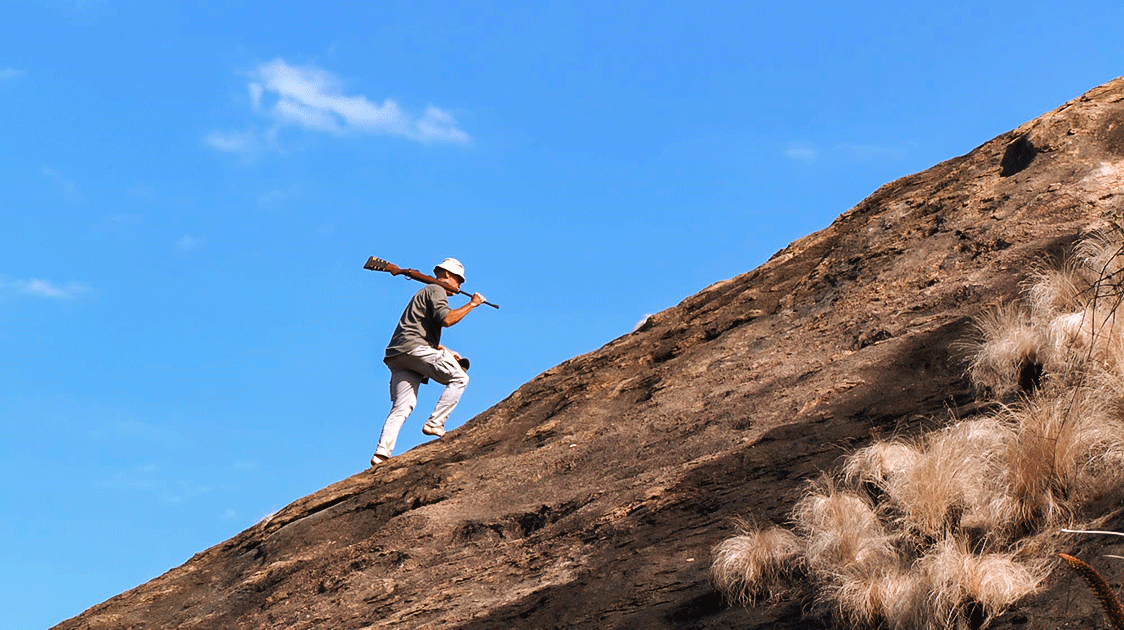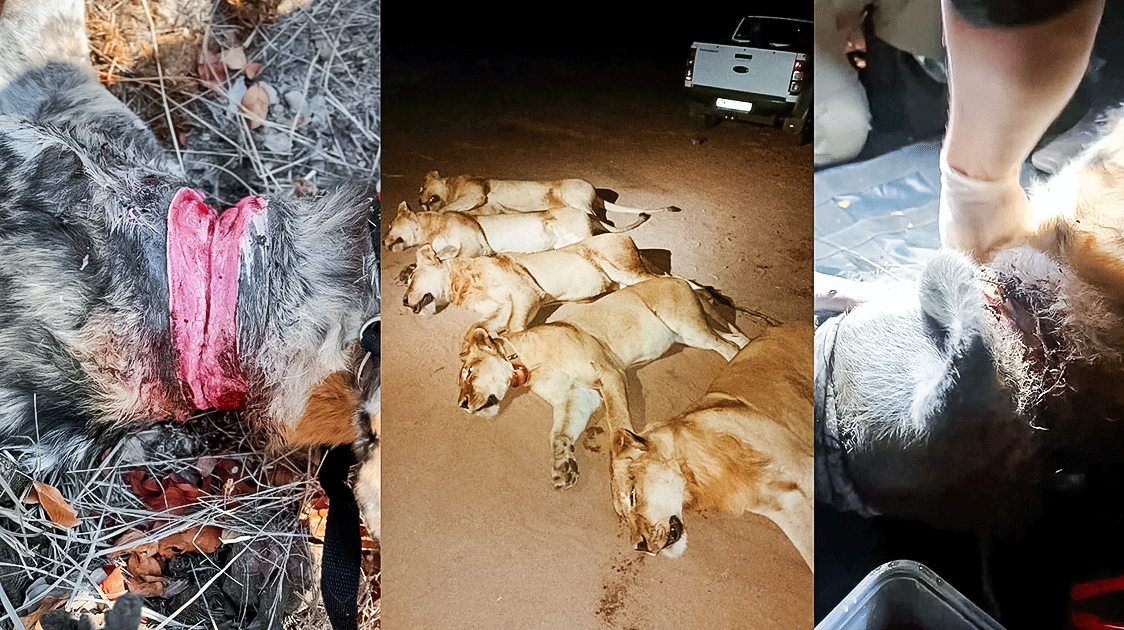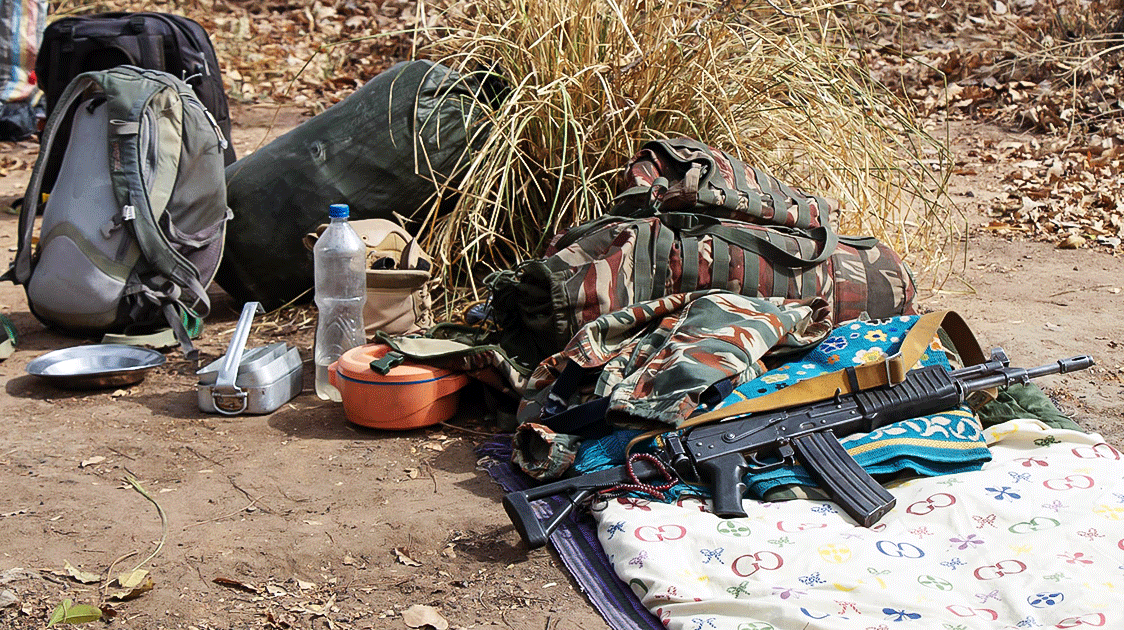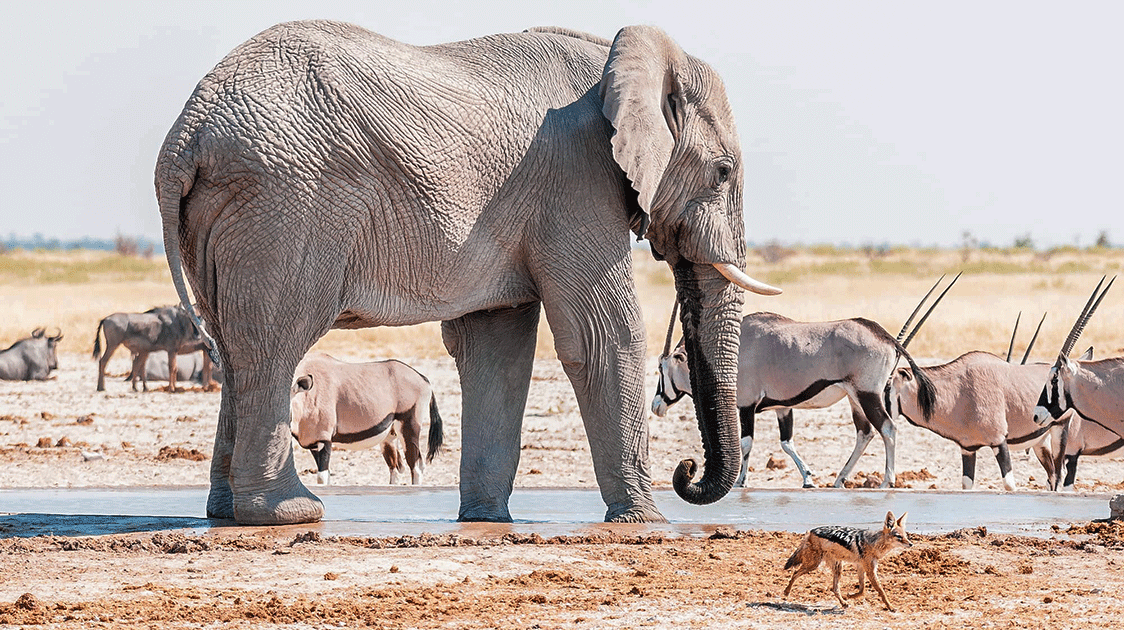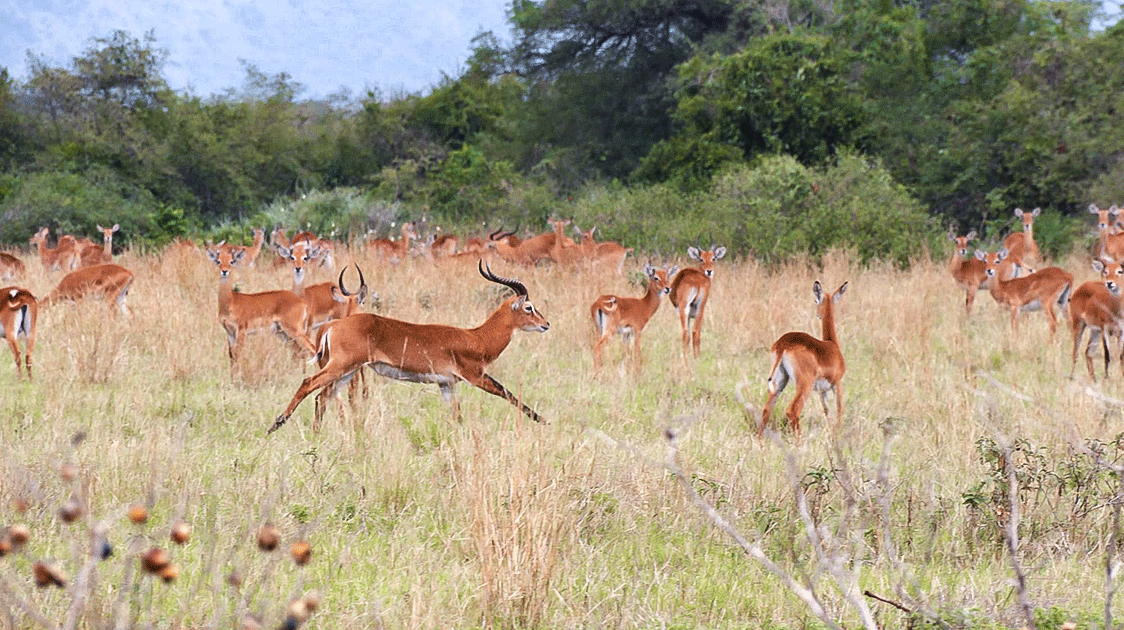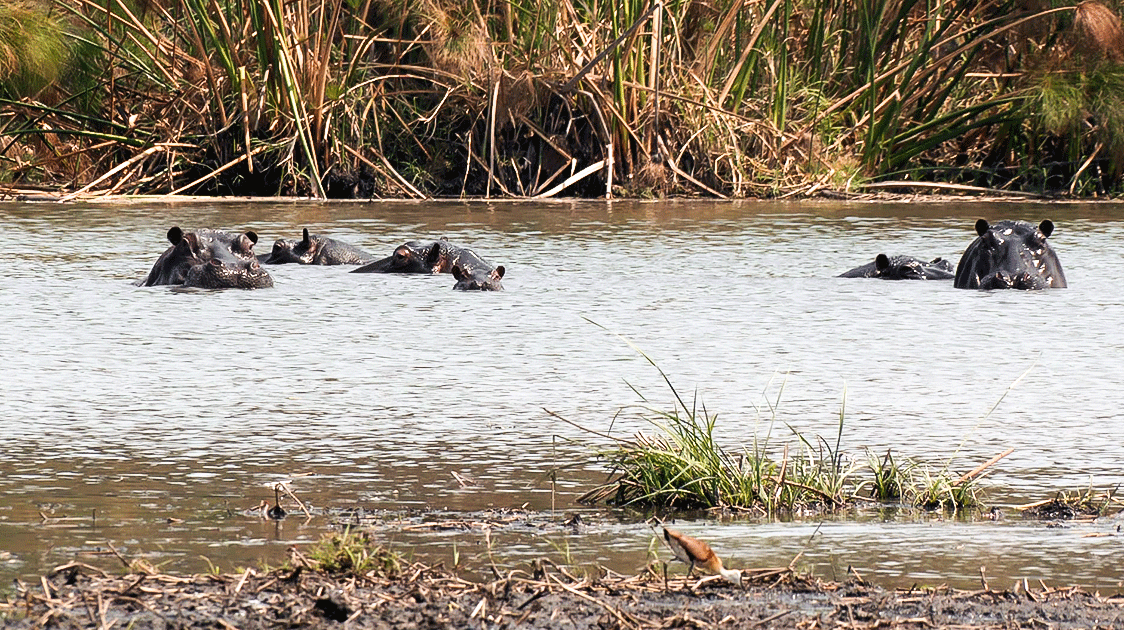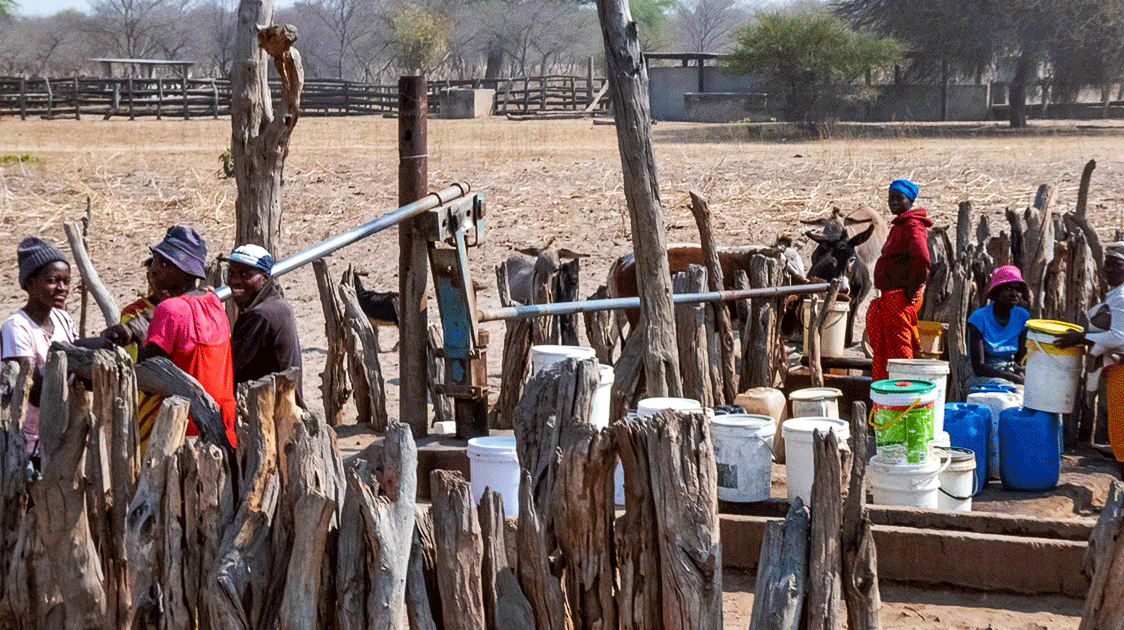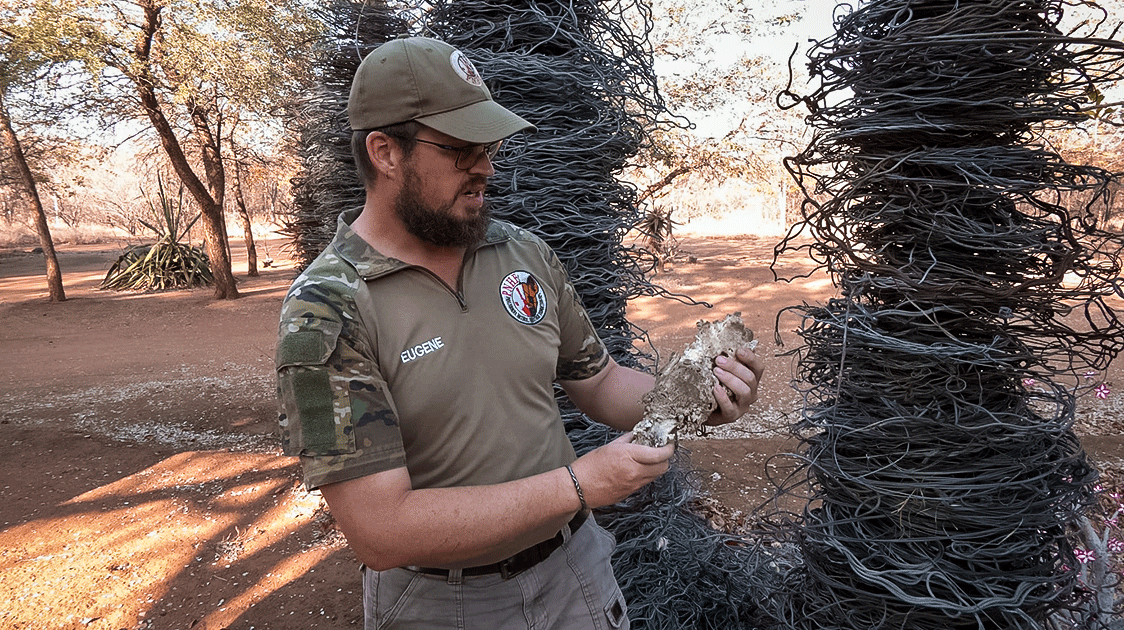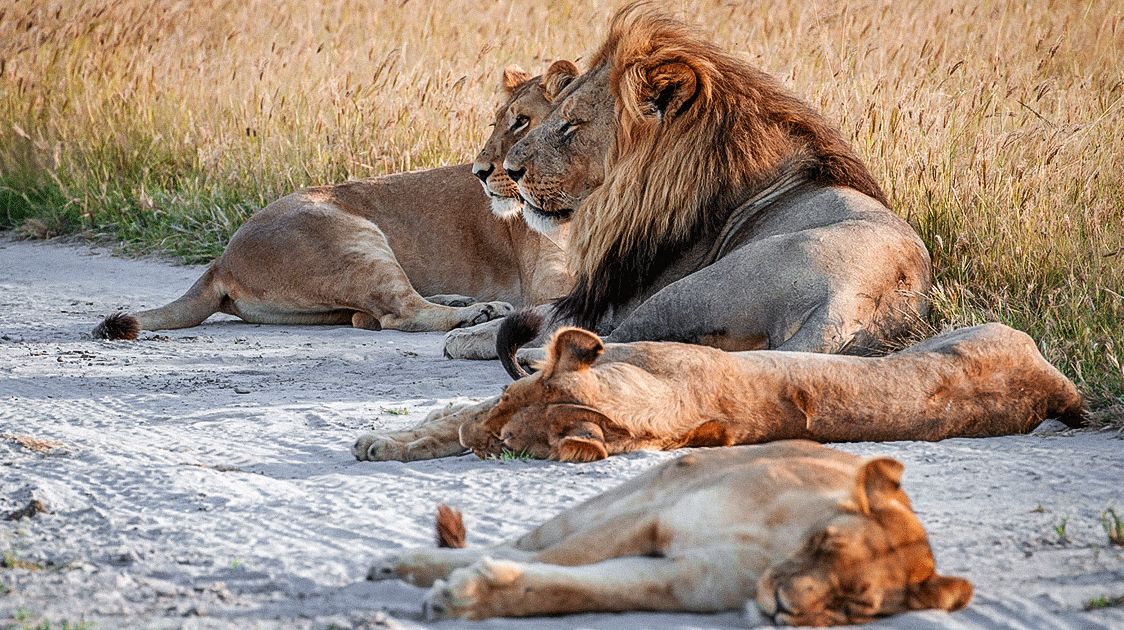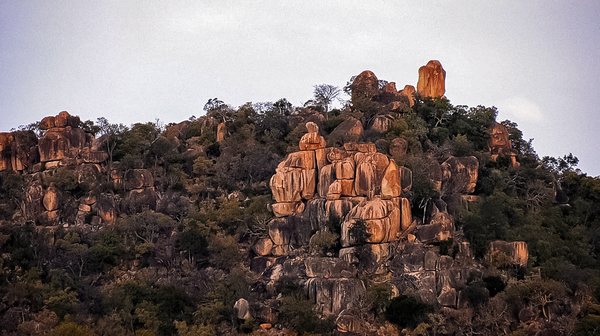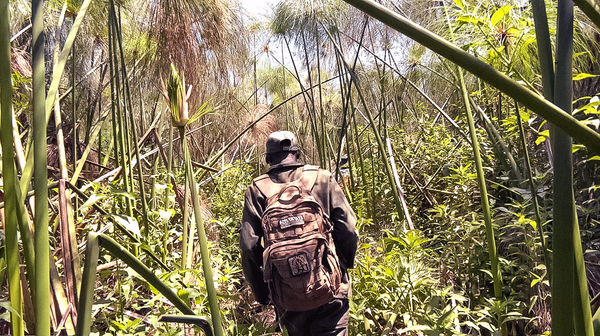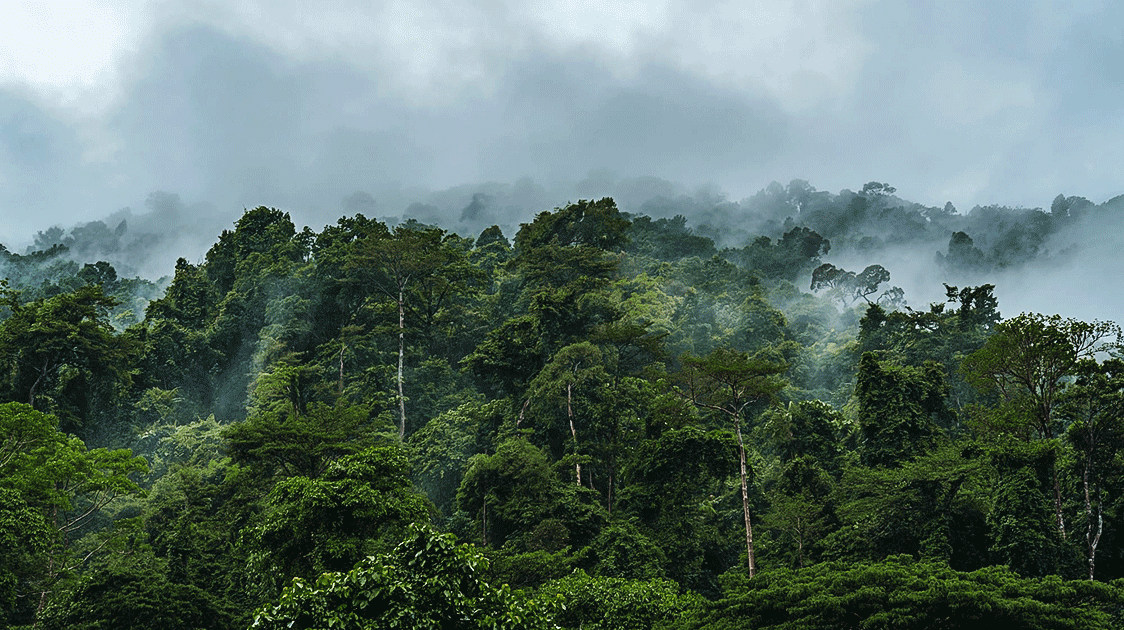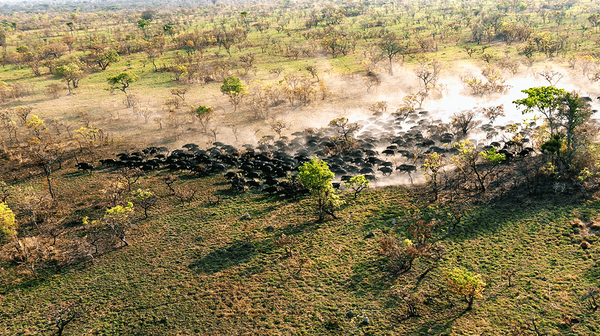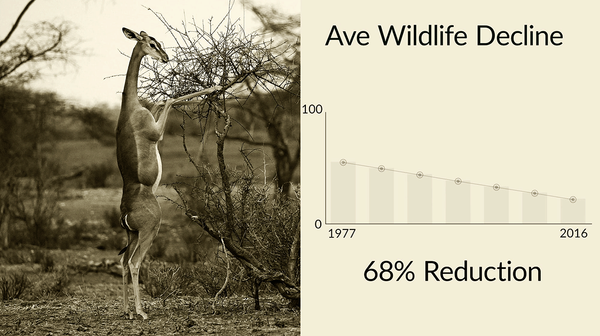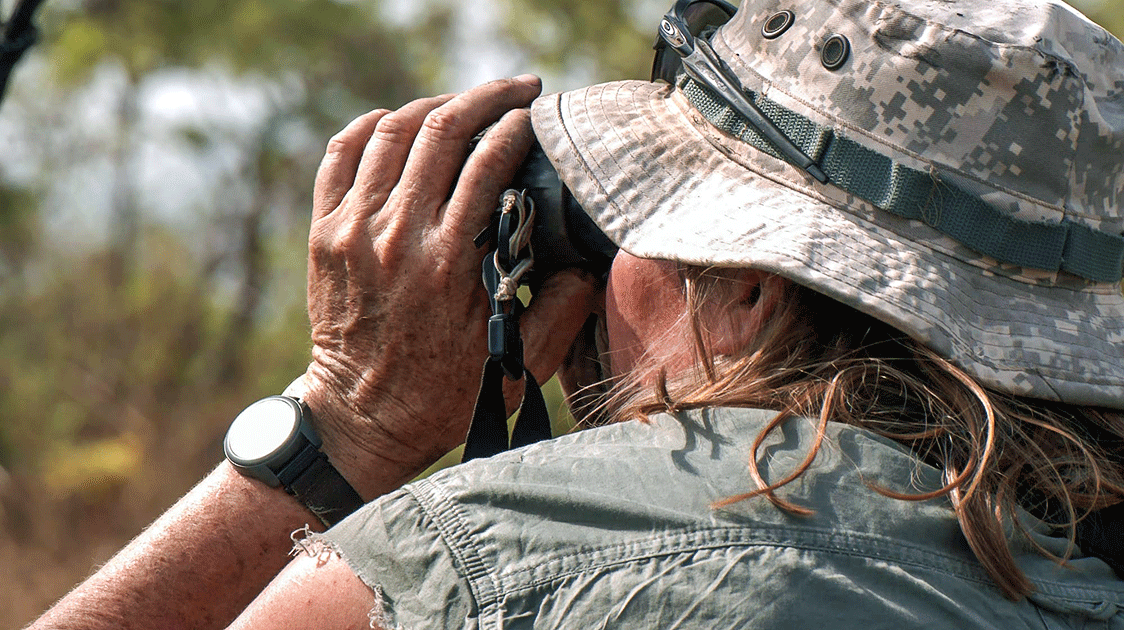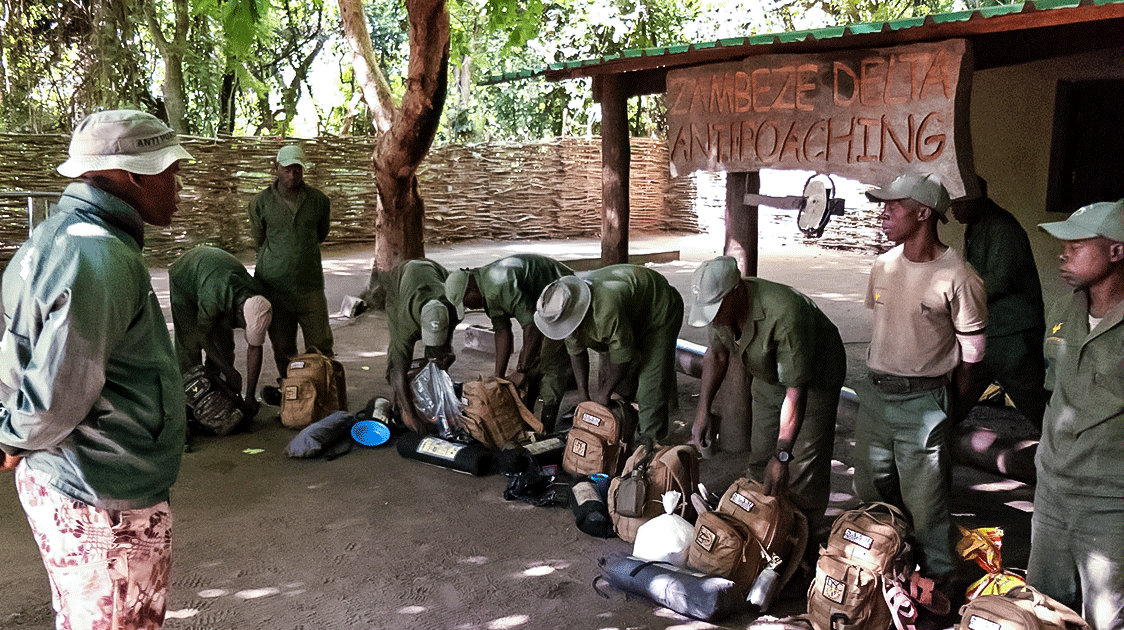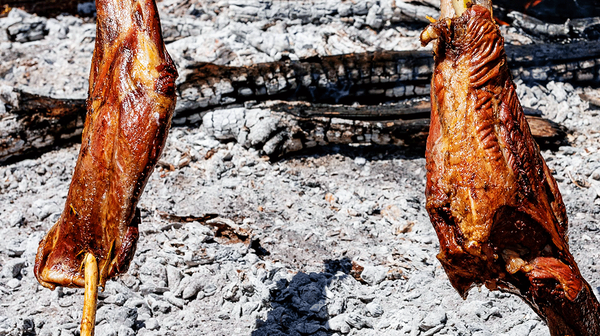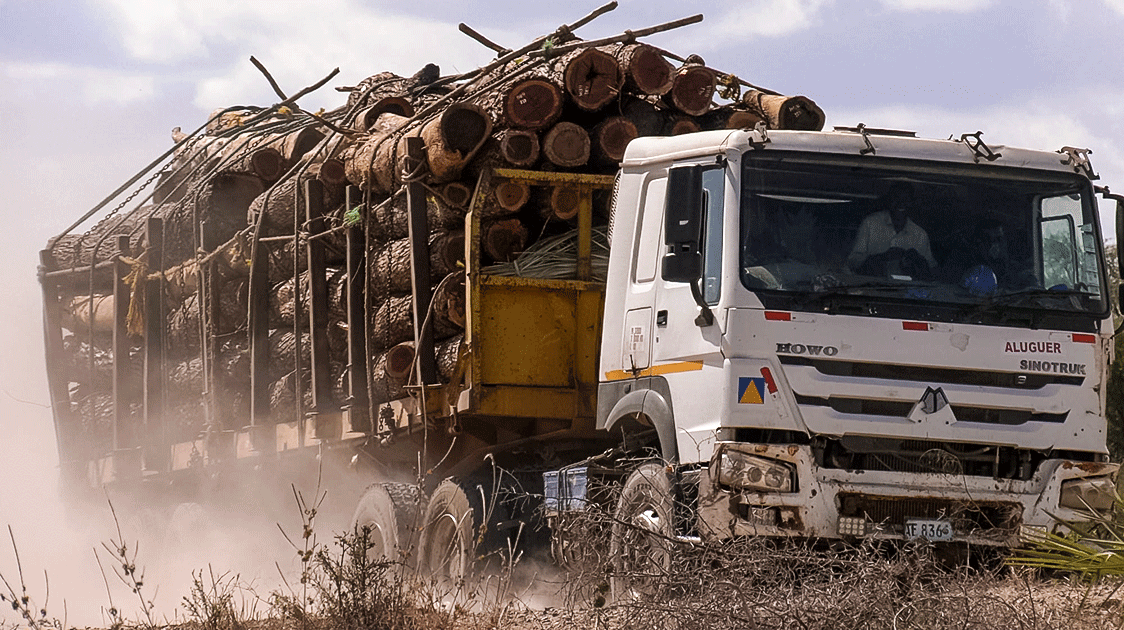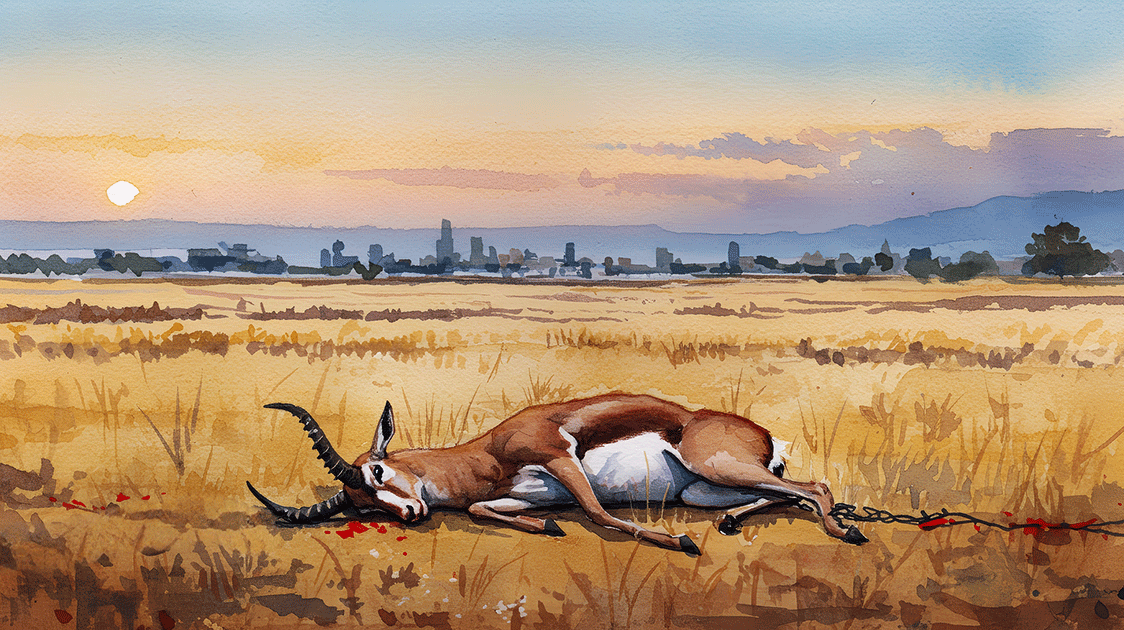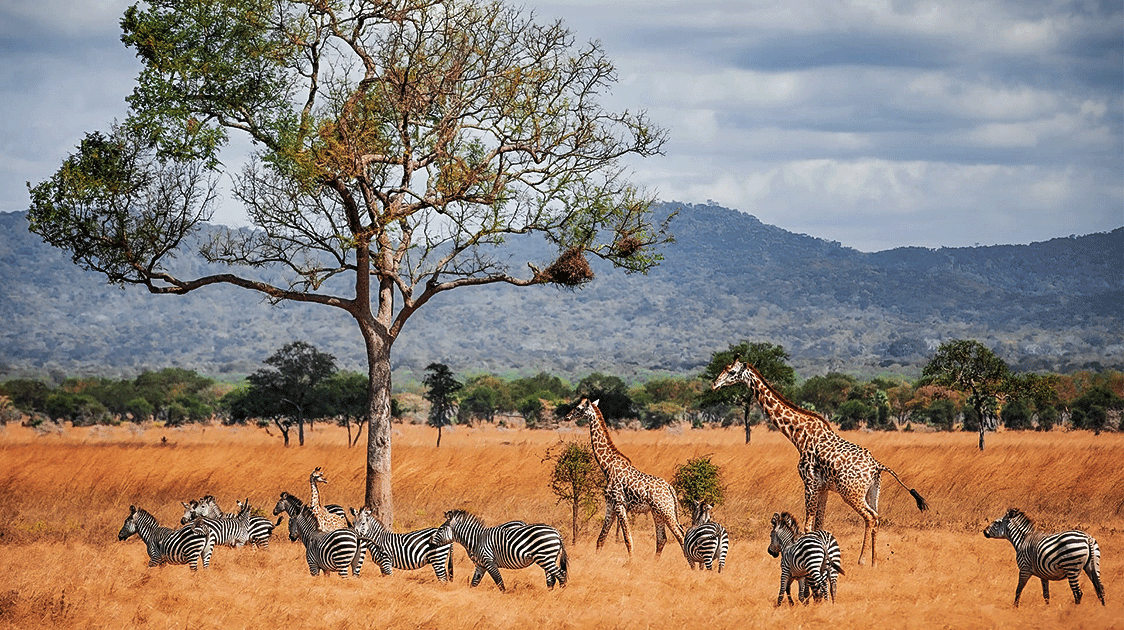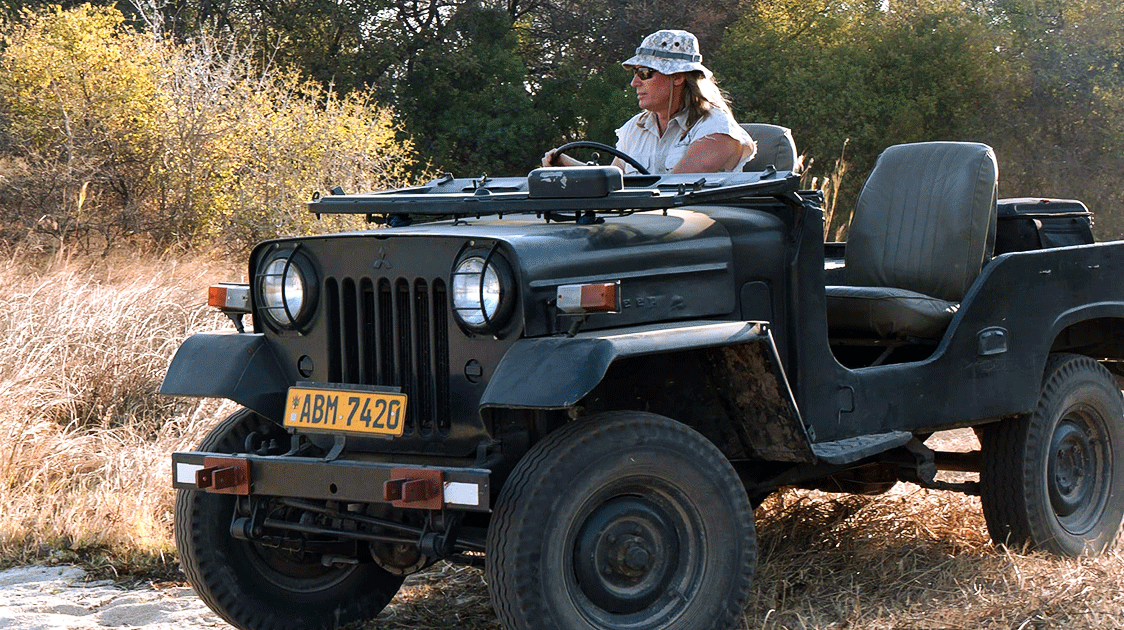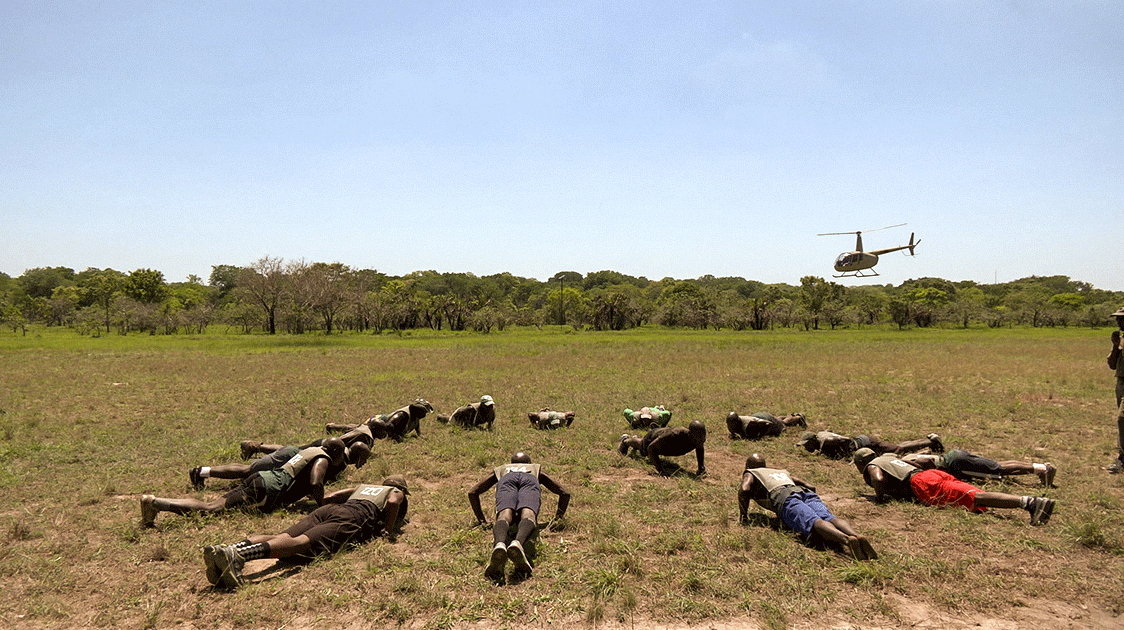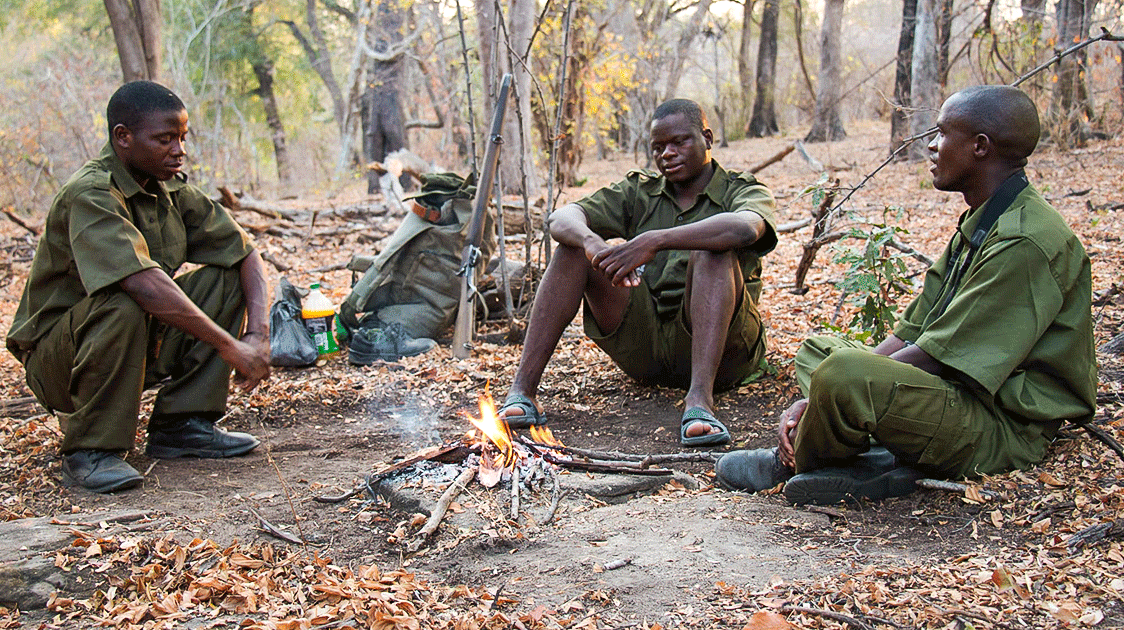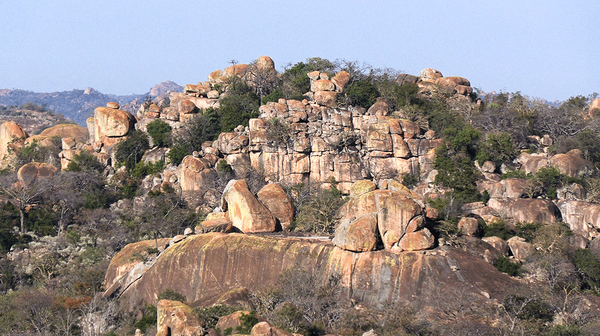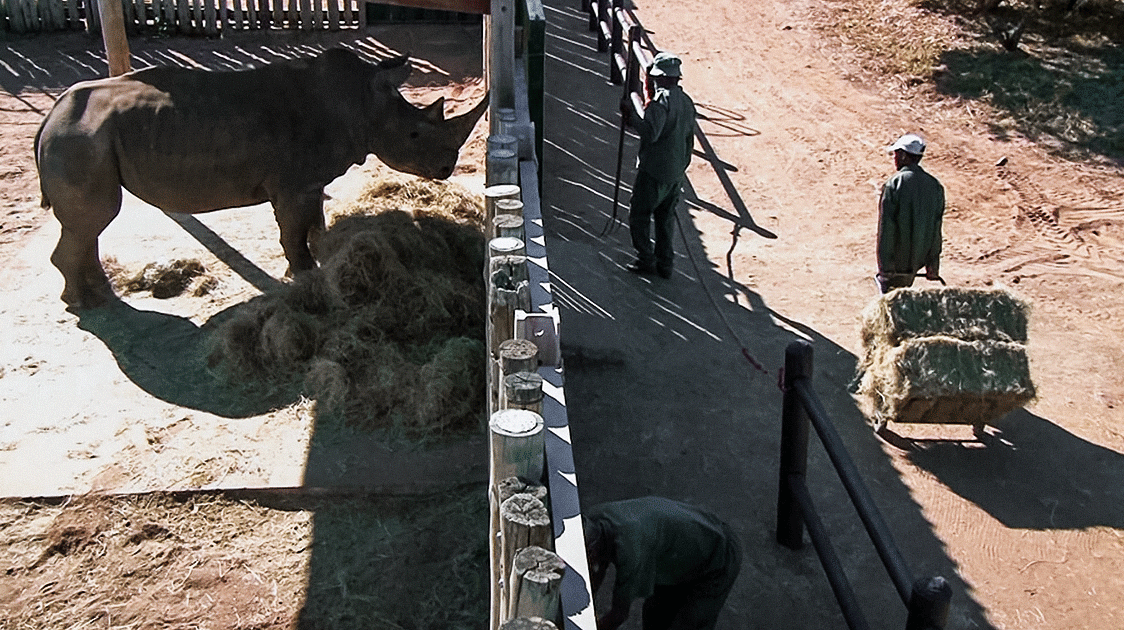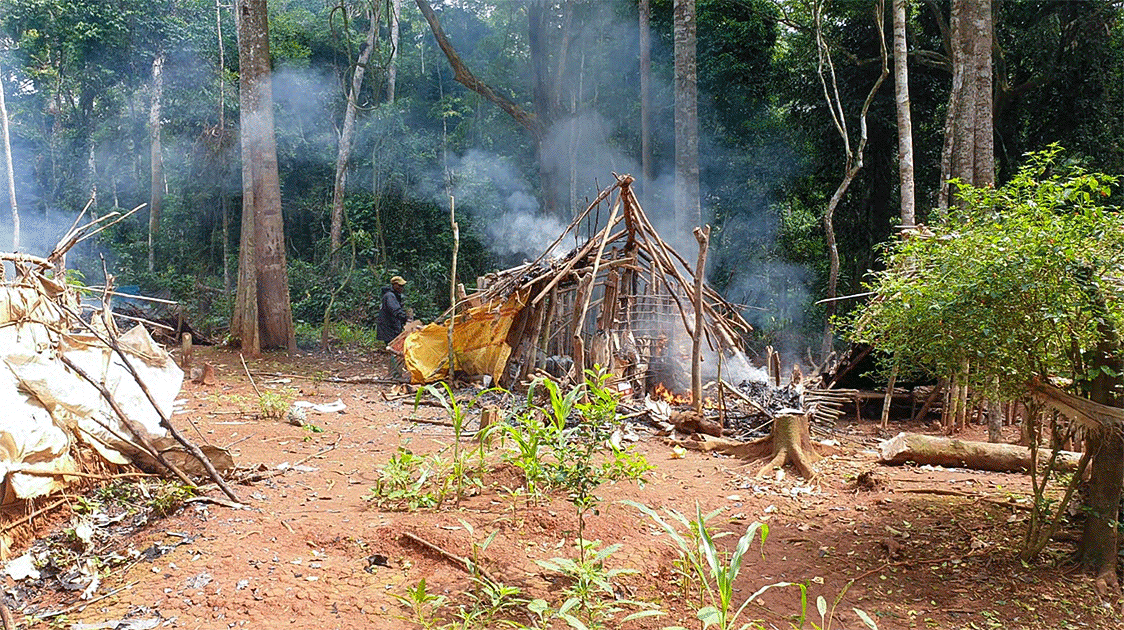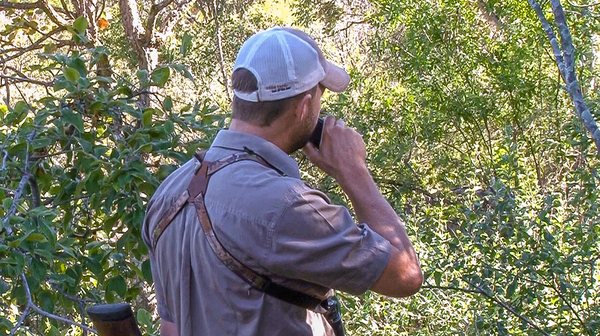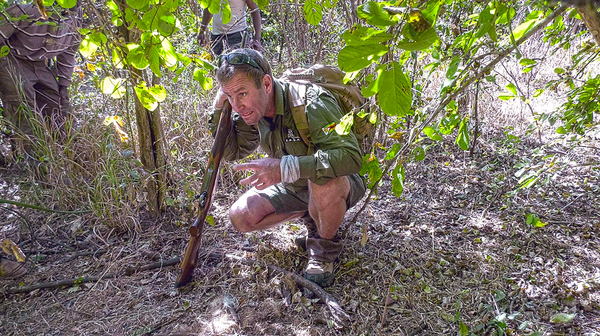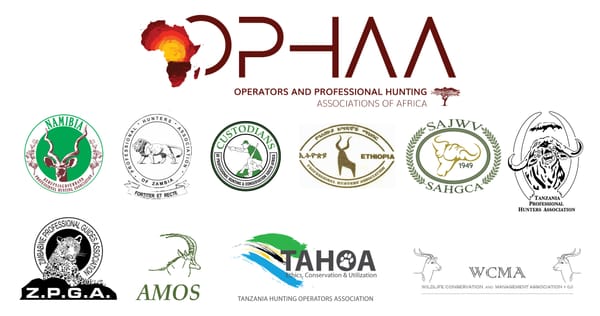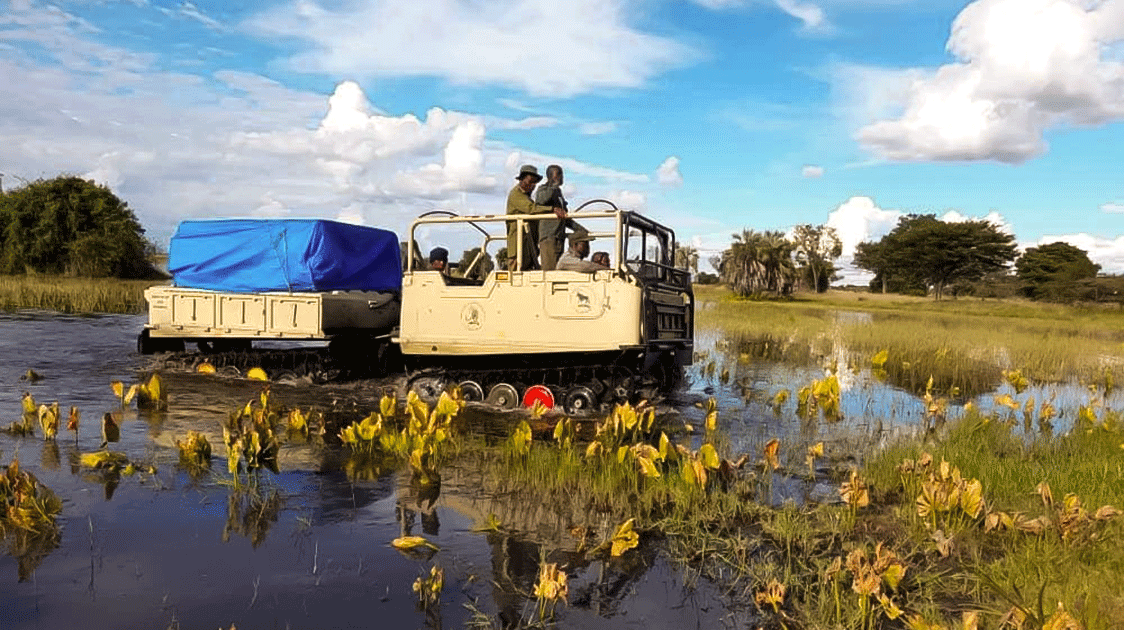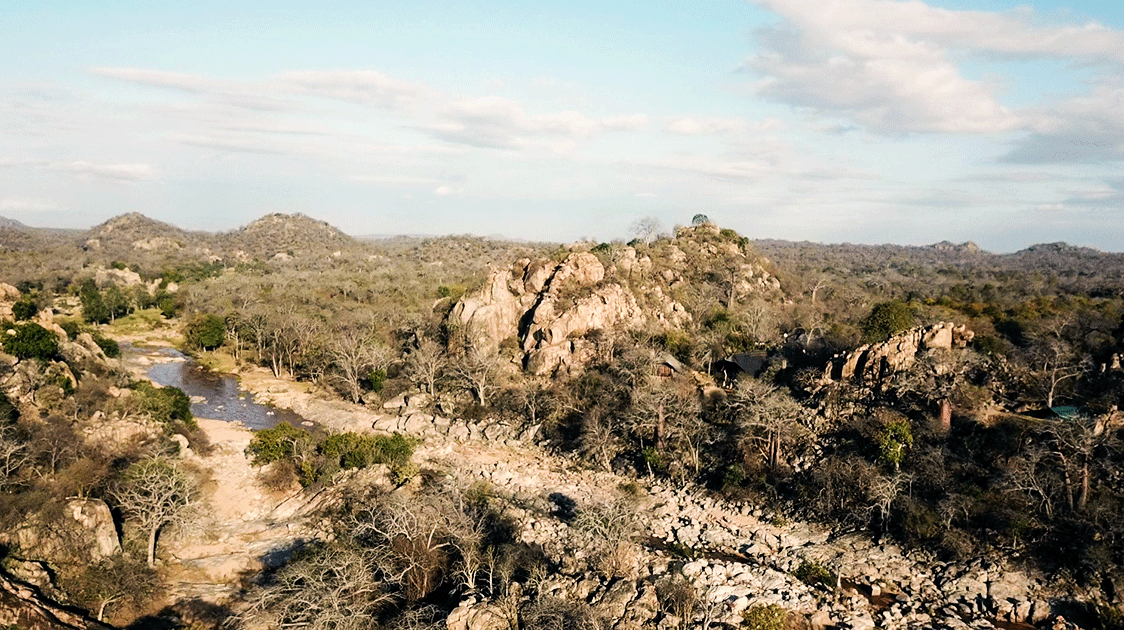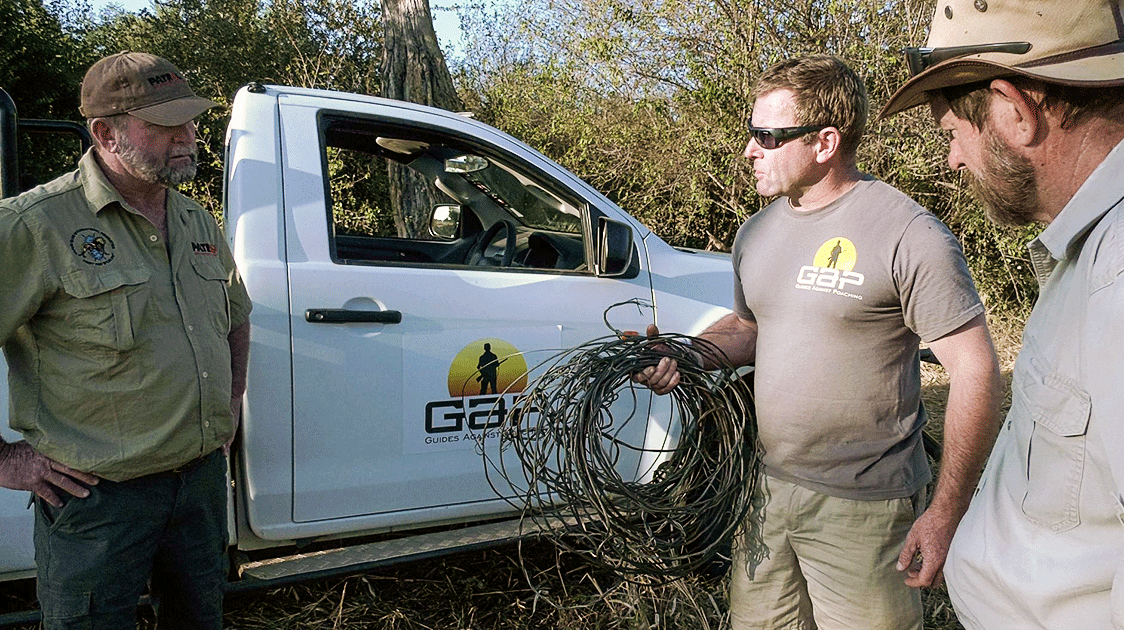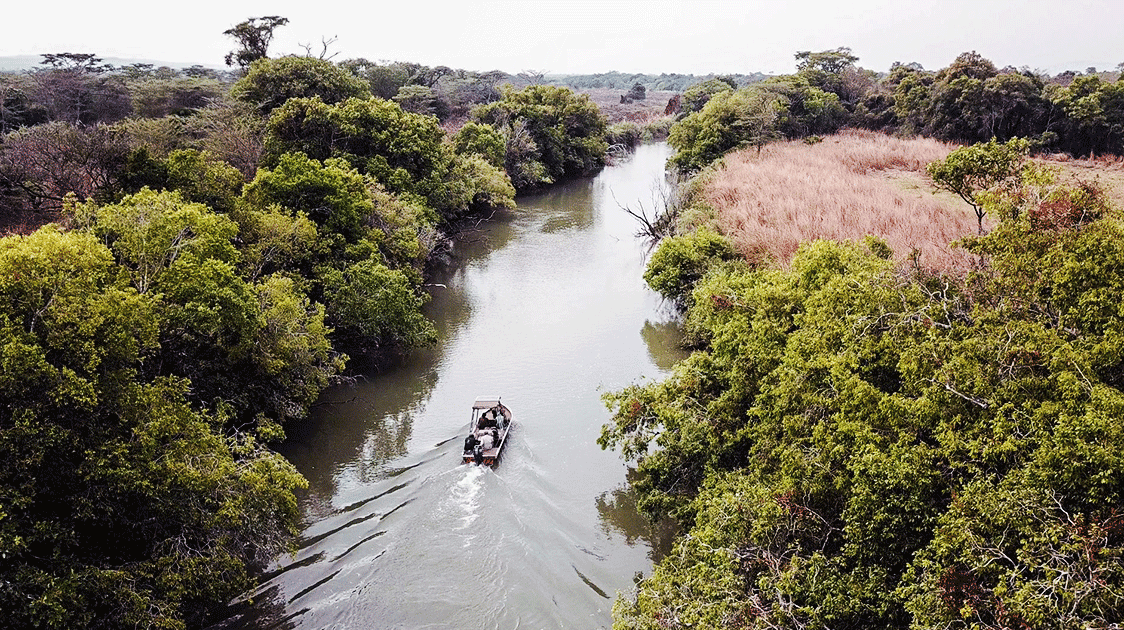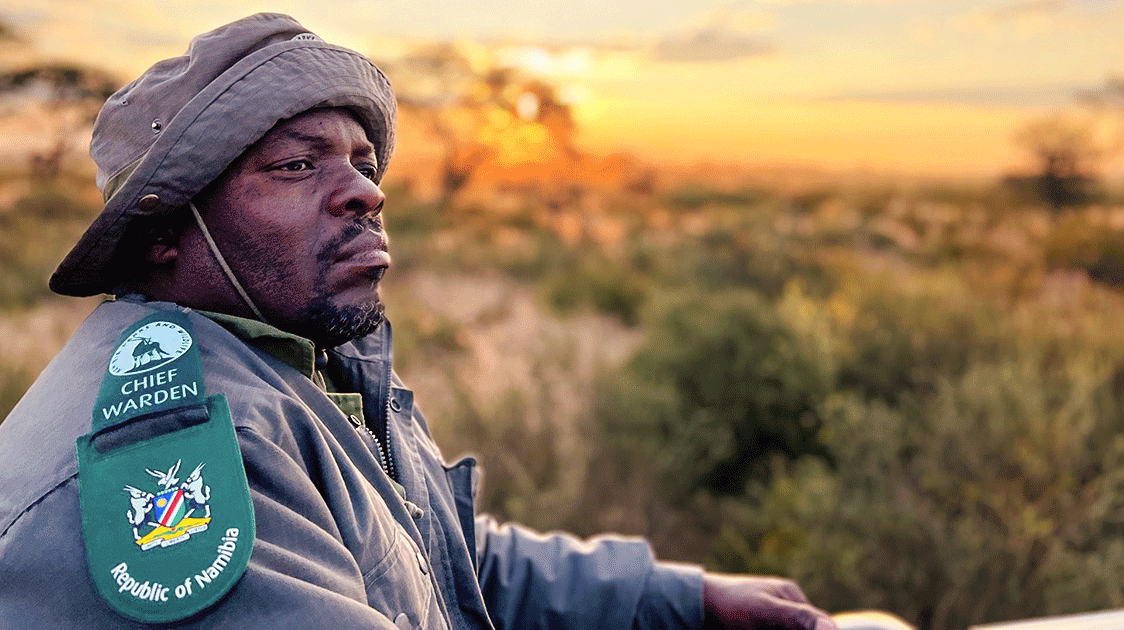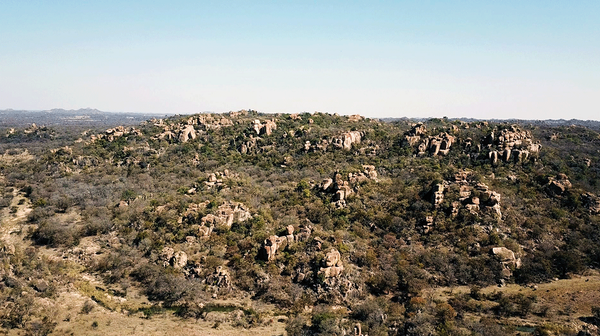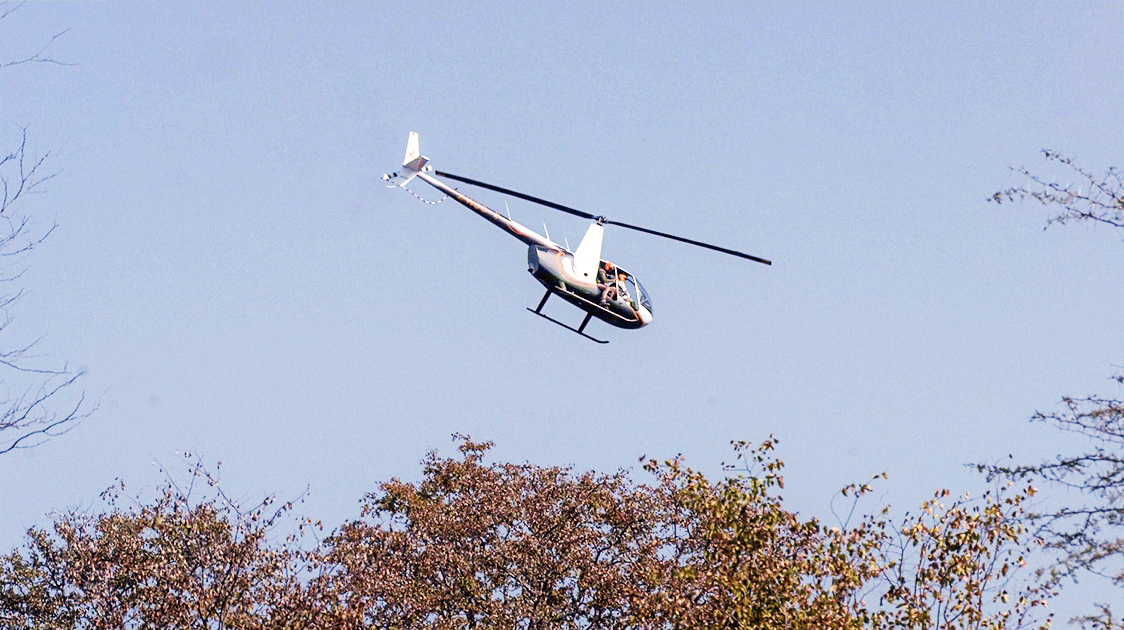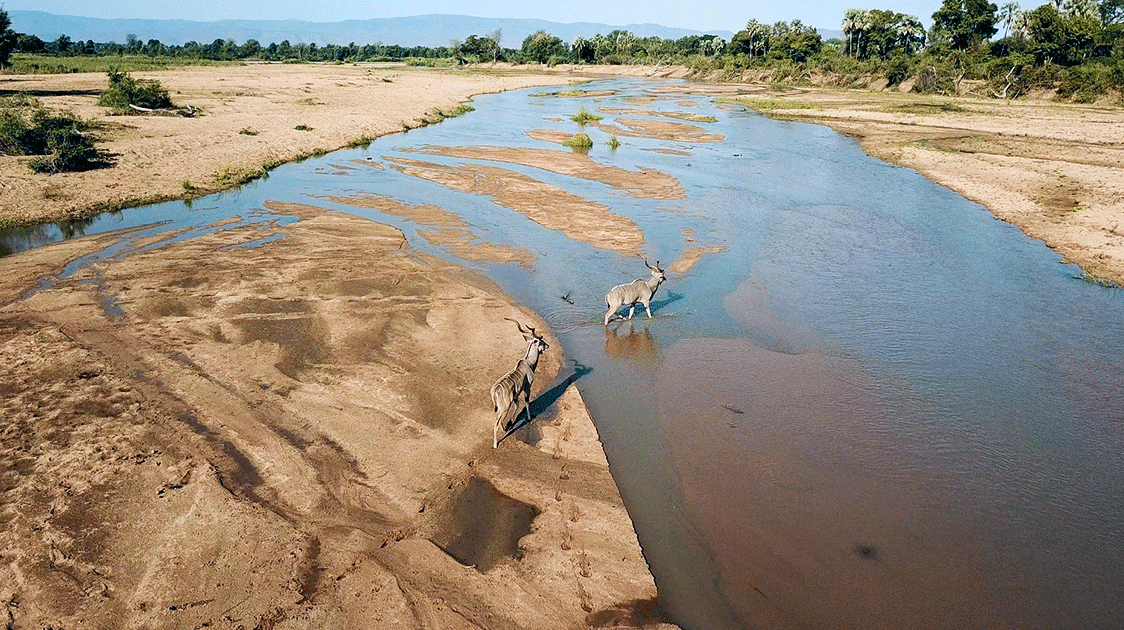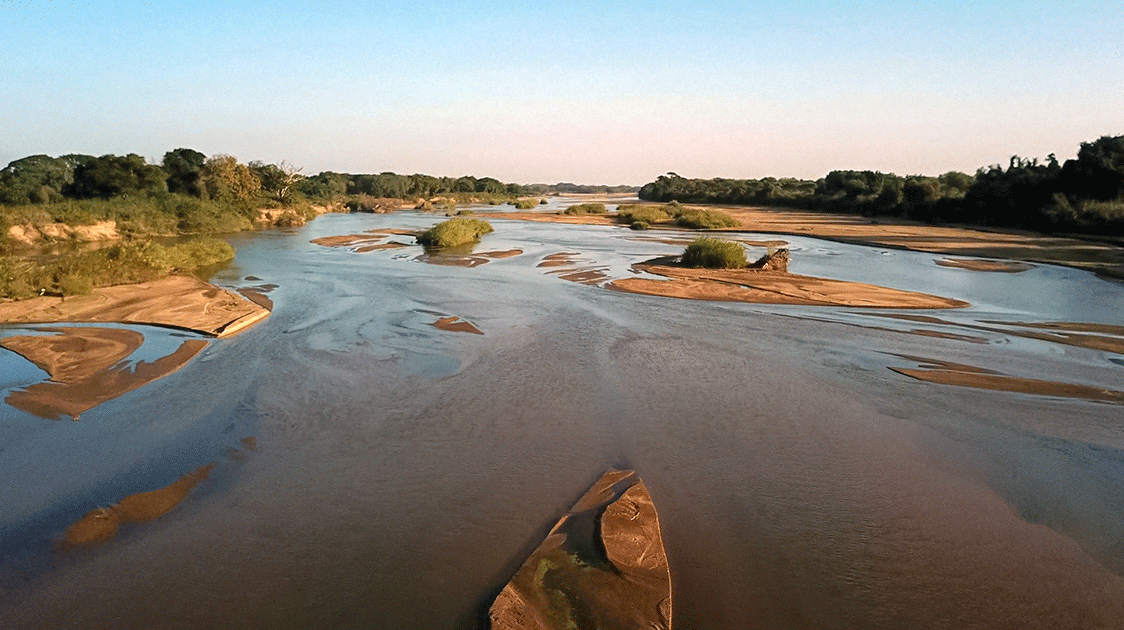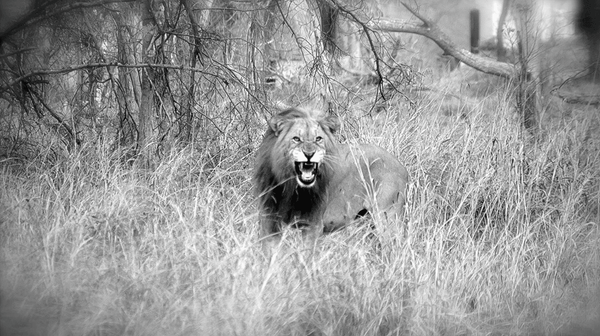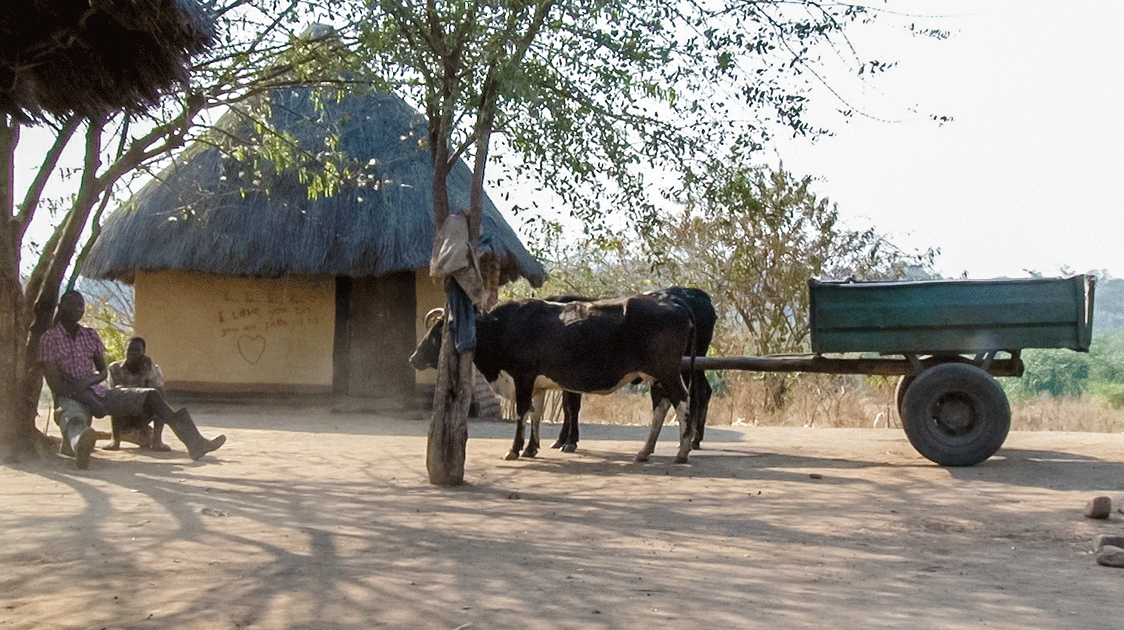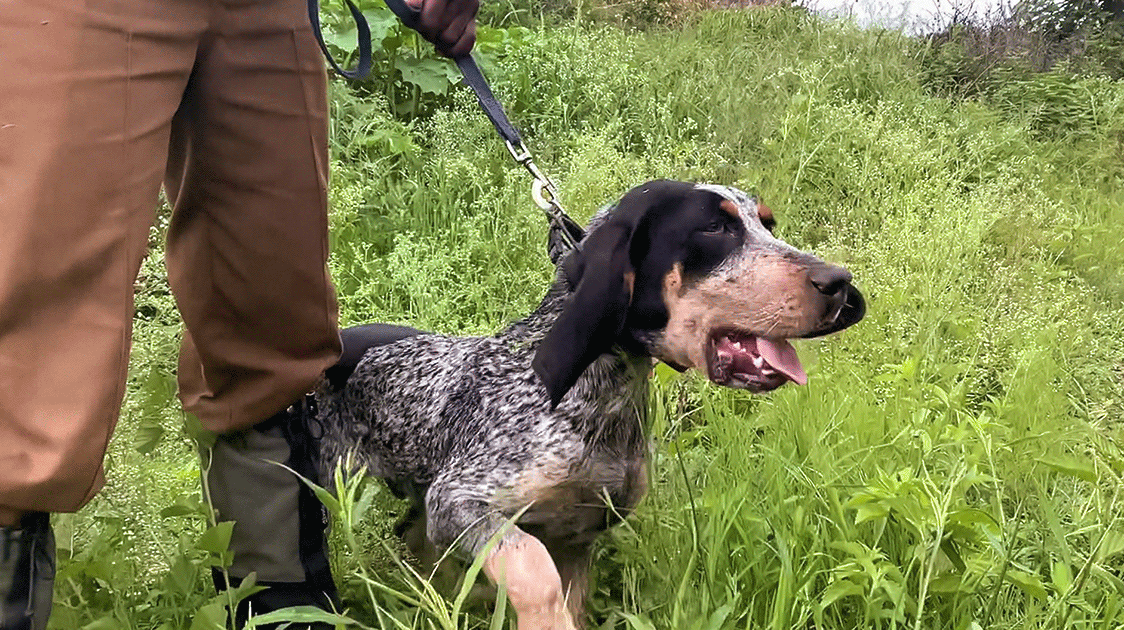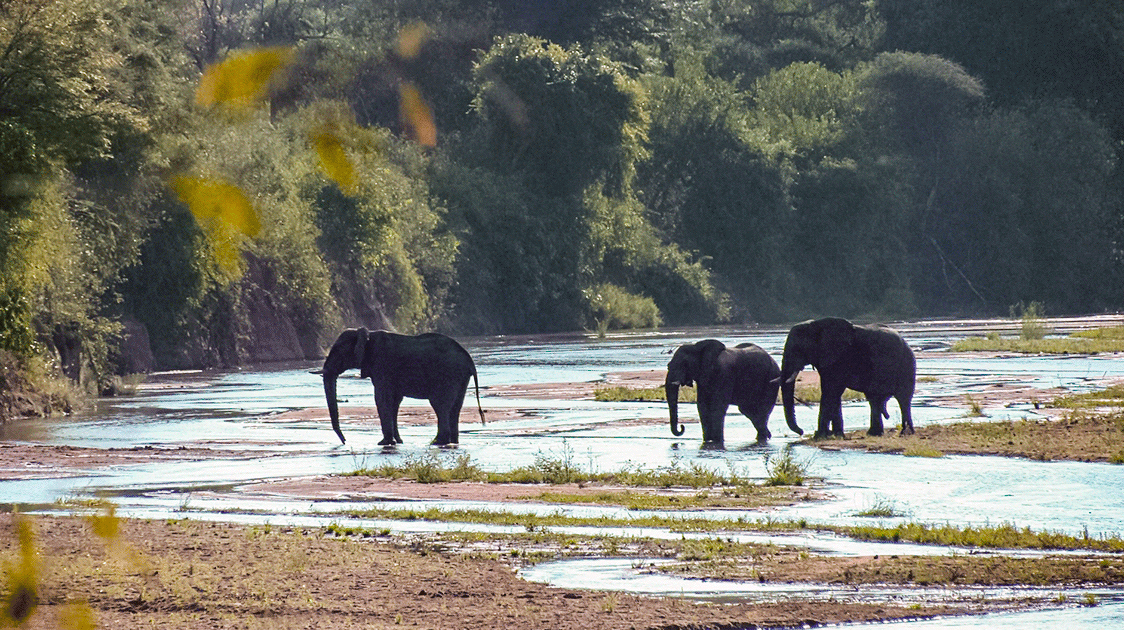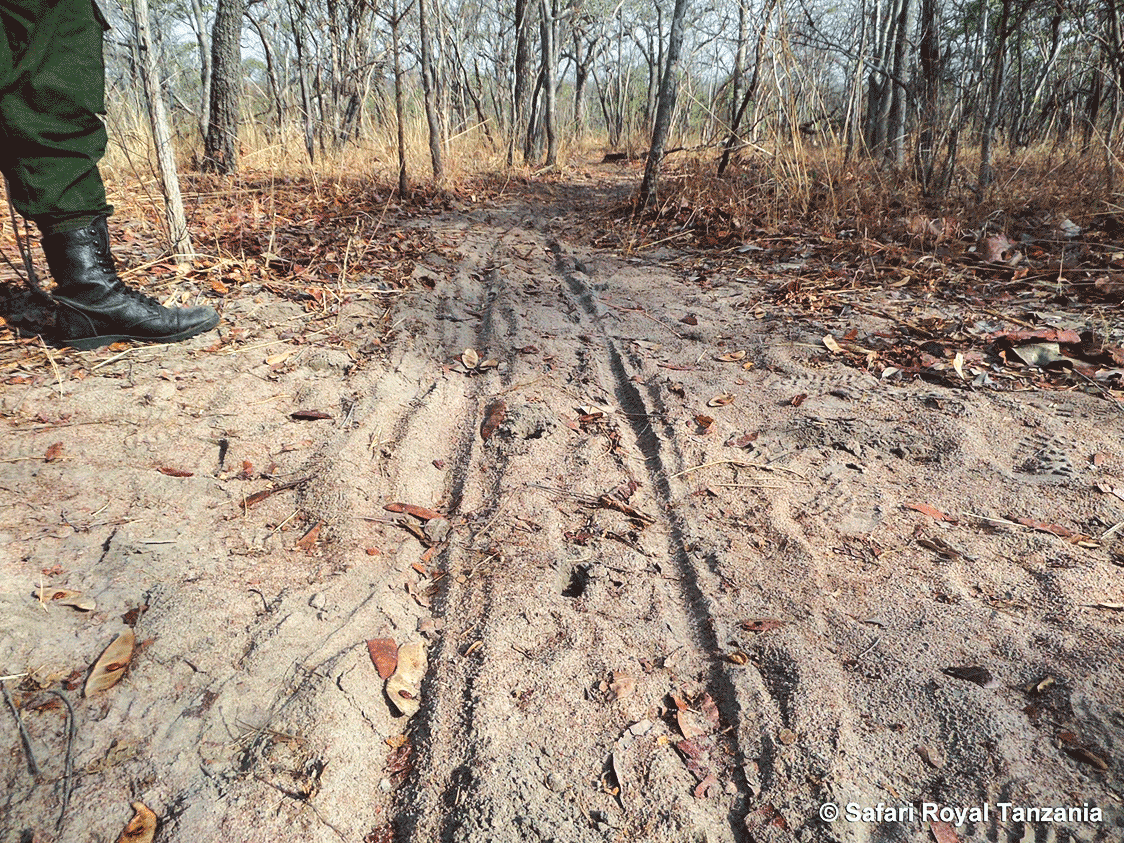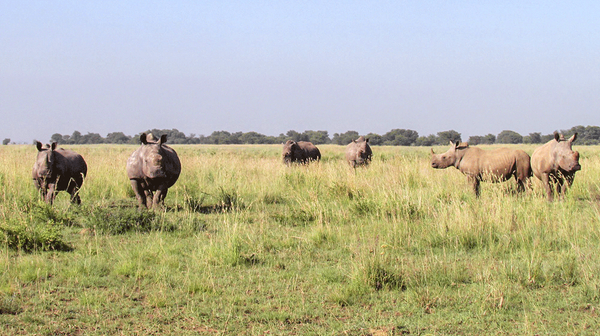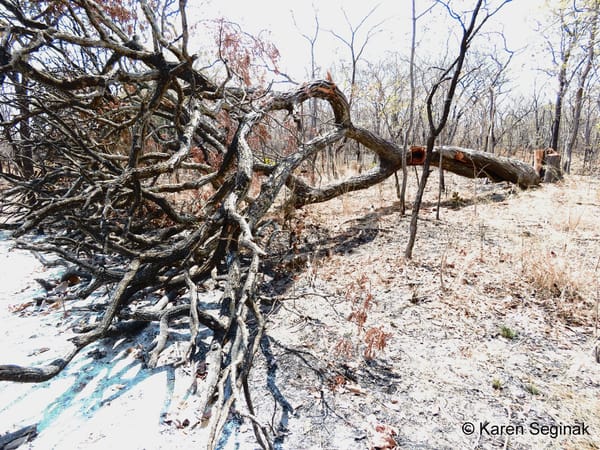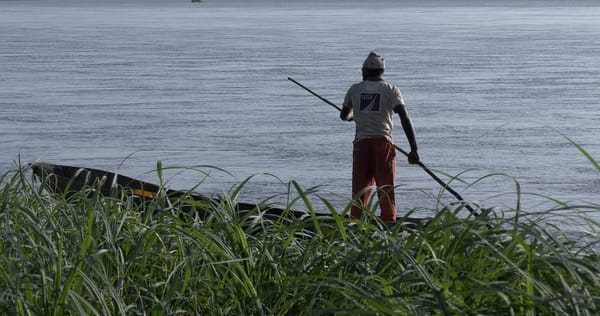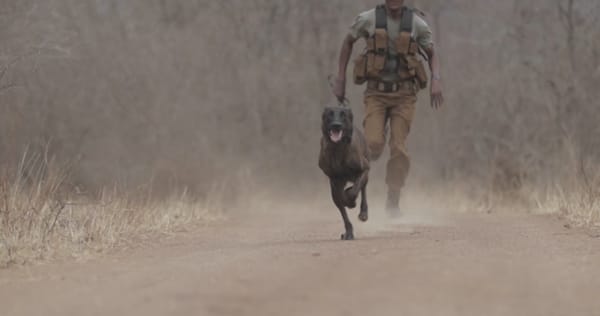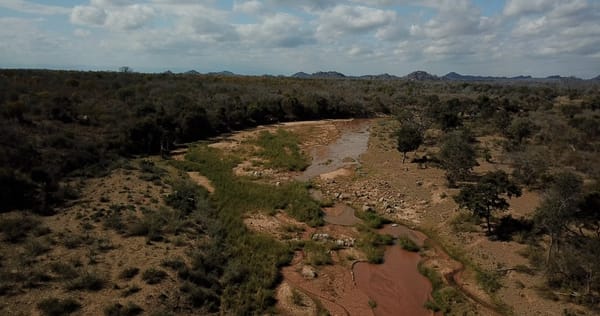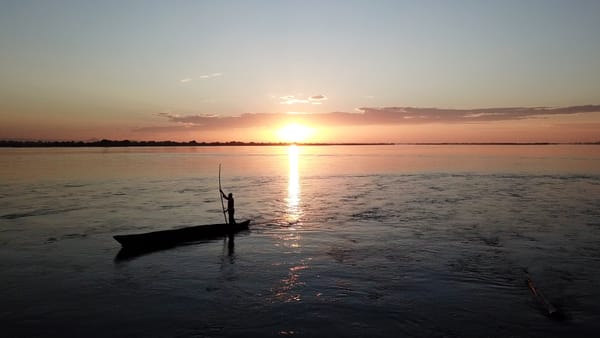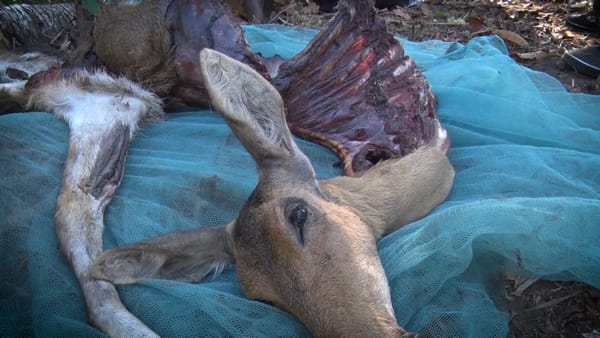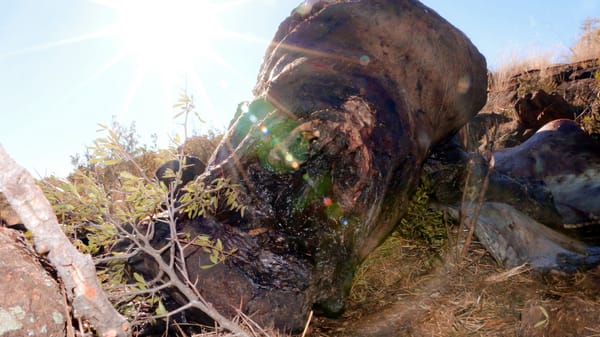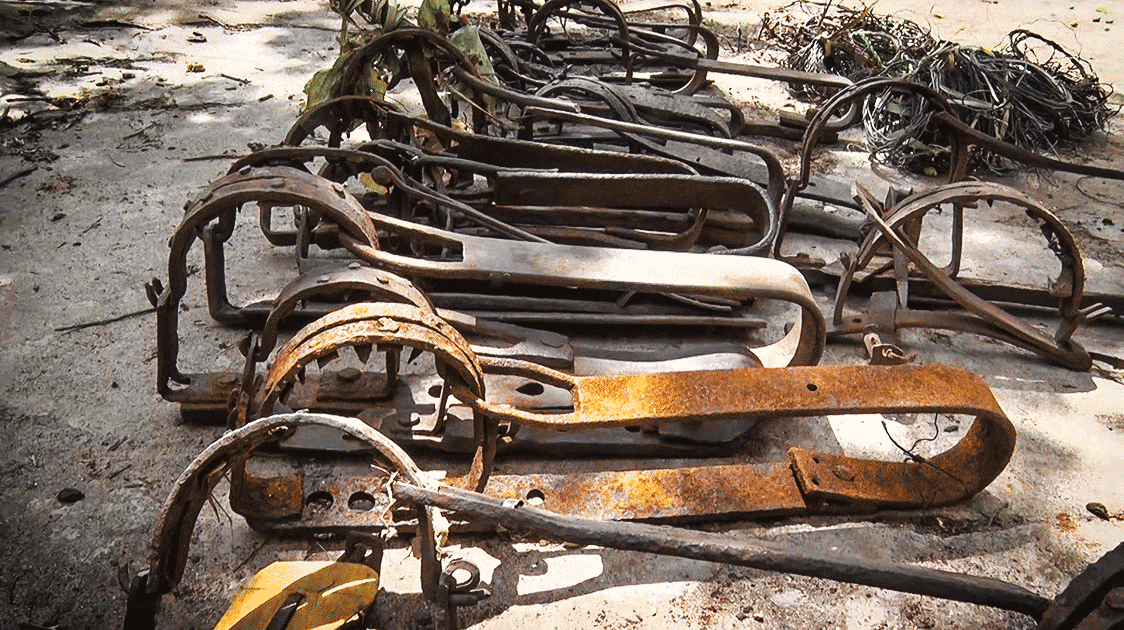Anti-Poaching Operations
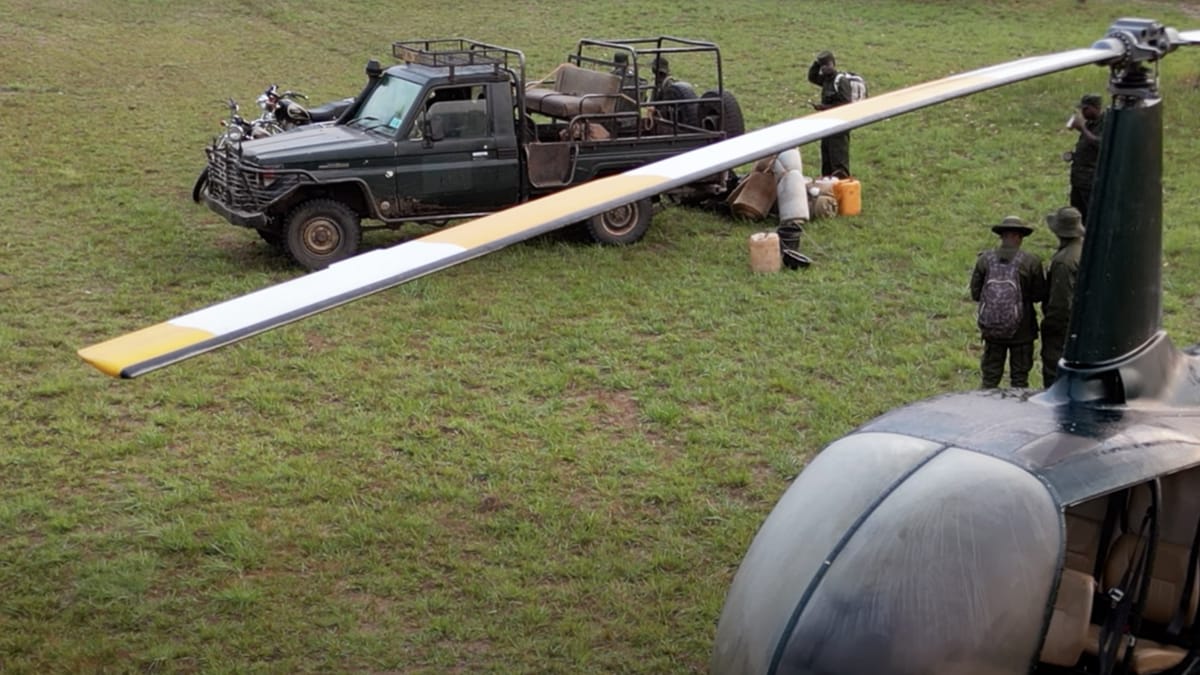
At Patrol, we highlight the work of anti-poaching operations worldwide to demonstrate how ranger patrols safeguard wildlife and habitats globally. These patrols work to prevent and combat illegal activities, including poaching, logging, and unauthorized plant collection, that threaten countless species and fragile ecosystems.
Our mission is to provide detailed ranger patrol information rarely found elsewhere, authentically conveying the realities of frontline conservation.
Through compelling videos, narratives, and firsthand accounts, we help readers understand the daily experiences of the dedicated individuals who protect our planet's wild places.
Understanding Anti-Poaching Ranger Operations
Successful anti-poaching operations rely on three interconnected components: strategic planning, active patrolling, and systematic reporting. Each element plays a vital role in effective wildlife protection.
Strategic Planning
Every successful anti-poaching operation begins with careful strategic planning. Patrol coordinators analyze diverse data sources, including wildlife movement patterns, community reports, and intelligence from informants. This comprehensive approach ensures patrol routes maximize both safety and effectiveness, enabling teams to respond swiftly to threats while optimizing limited resources.
Active Patrolling
Once planning is complete, rangers patrol designated areas on foot, by vehicle, or by boat. Teams frequently navigate challenging terrain to reach remote locations where illegal activities often occur.
During patrols, rangers maintain constant vigilance, removing snares, investigating suspicious activities, addressing potential threats, and gathering intelligence to disrupt poaching networks. Their visible presence serves as a powerful deterrent, underscoring the importance of regular and consistent patrols.
Data Collection and Reporting
Rangers document their observations and activities in detailed reports following each patrol. These records contribute to national wildlife databases, enabling conservation organizations to identify poaching patterns, hotspots, and emerging threats. Systematic reporting enhances law enforcement effectiveness and informs future anti-poaching strategies, supporting long-term wildlife conservation.
Our Anti-Poaching Coverage
Our comprehensive coverage offers authentic insights into the daily challenges and achievements of ranger patrols. We document their experiences in diverse environments, highlighting both the demanding conditions rangers face and the critical nature of their conservation work.
The Importance of Anti-Poaching Operations
Ranger patrols form the backbone of effective wildlife protection through their continuous presence and vigilance. Anti-poaching operations significantly reduce wildlife crime by maintaining constant pressure on illegal activities.
Beyond directly protecting endangered species, these operations strengthen broader conservation efforts through community engagement, awareness building, and presenting a unified stance against wildlife crime.
Regular patrols also reinforce the message that wildlife protection and sustainable conservation are essential for maintaining biodiversity and ecological balance. By embodying these values, ranger teams inspire local communities to become active environmental stewards.
Join us in supporting these dedicated ranger teams. Subscribe to Patrol's newsletter to stay informed about their vital anti-poaching work. Together, we can build a more secure future for wildlife and the courageous individuals committed to its protection.

